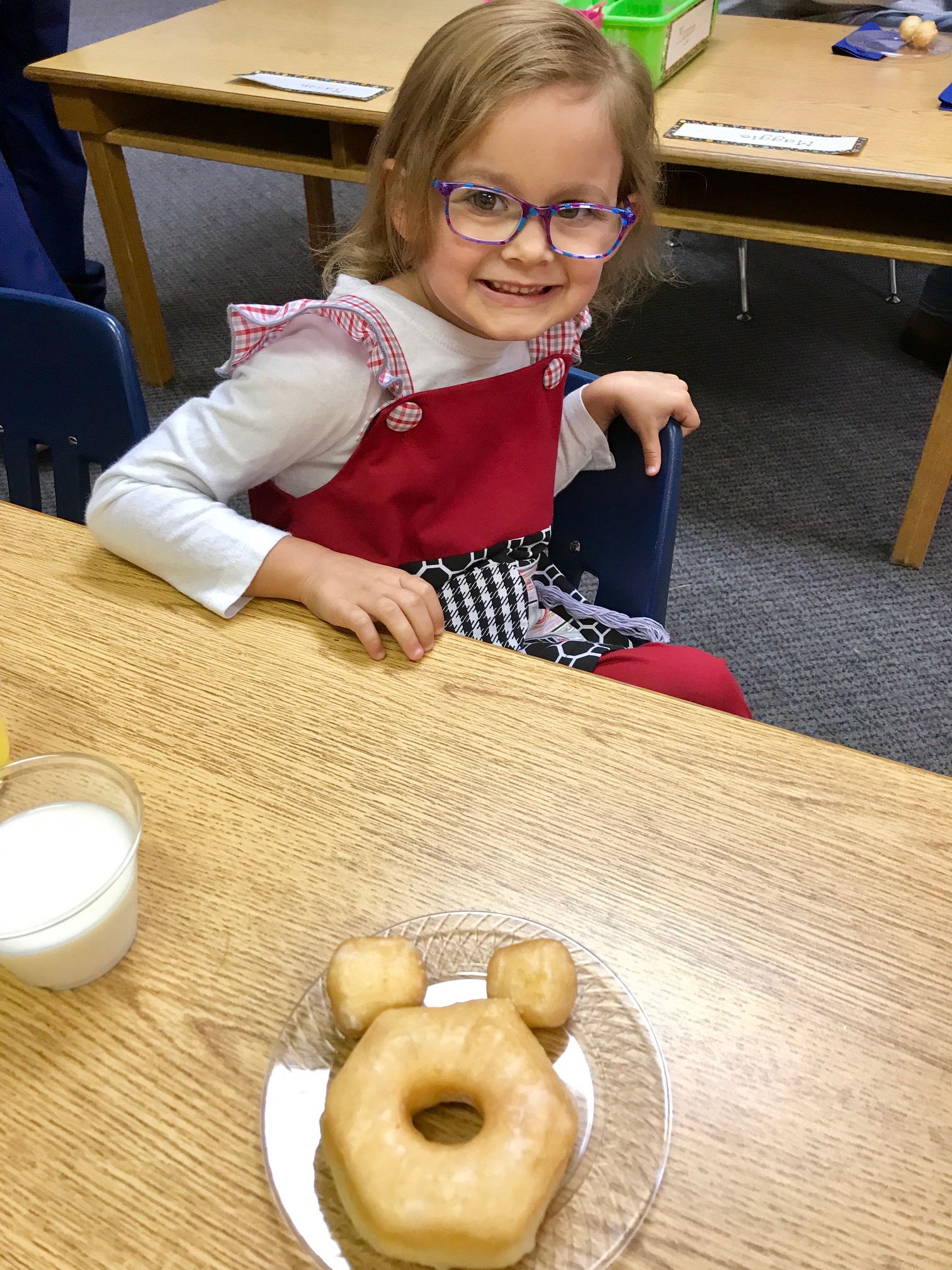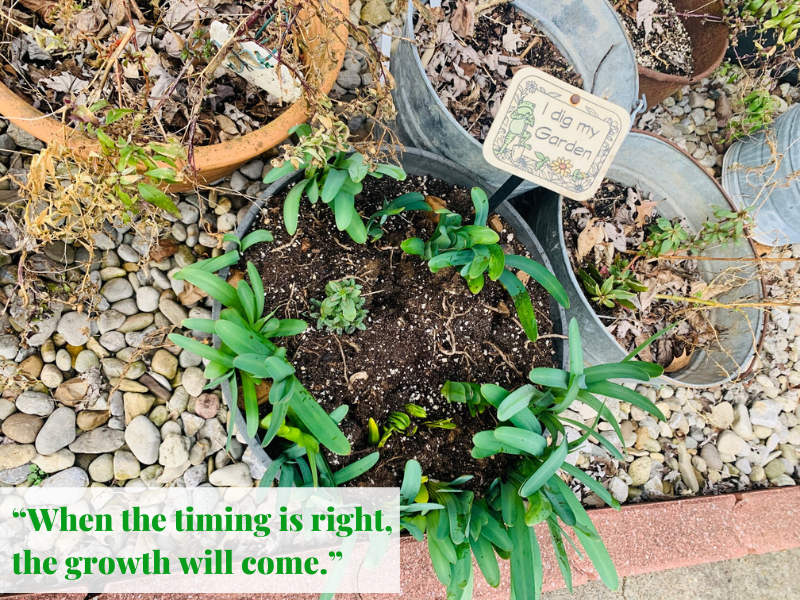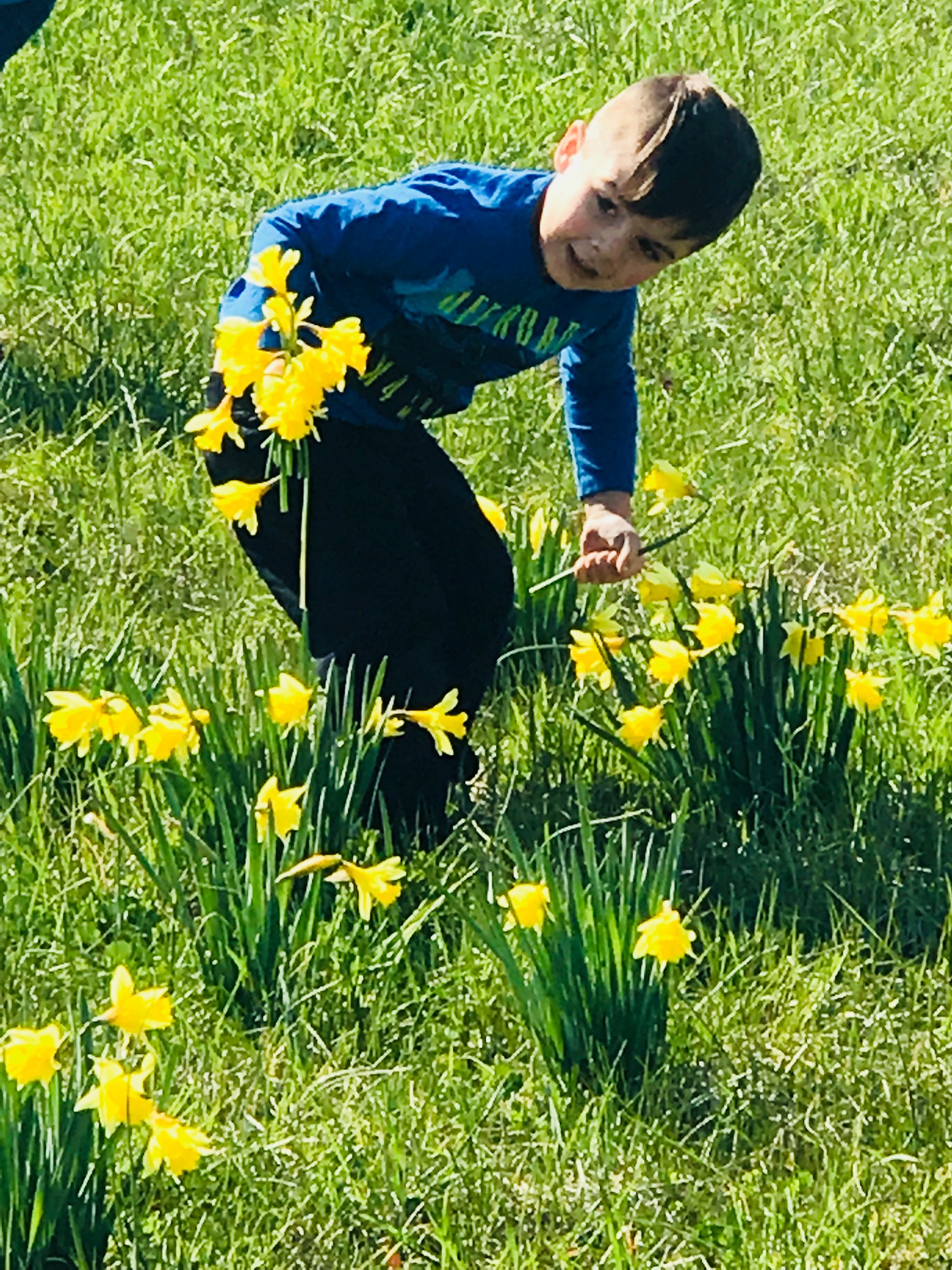Communicating With Your Adult Children
When it comes to communicating with your adult children, where do you get stuck? I posed this question to the 25 grandmothers (we call them GaGas) attending our January 15 meeting and added, is it around discipline, visitation, values or boundaries?
All of the above, and more, they answered. One member said: “All I have to do is open my mouth and my son misinterprets what I’m saying.” Another joked: “OMG! Just asking ‘how are you’ can trigger a reaction. Even though we have a lovely relationship, my daughter is very sensitive!”
Communication Problems
Of all the challenges we grandmas face, the biggest seems to be around communication. It’s not surprising. Miscommunication or misunderstanding is the number one reason why so many tough conversations escalate to uncomfortable levels of tension, resentment or lack of trust. How can we share our feelings and perspectives with our children and be heard without causing hurt, anger or silence? How can we have a close relationship with our children if we avoid meaningful conversation? The answers to these questions pose some of our biggest challenges as parents.
Communication with adult children takes sensitivity, empathy, patience and a lot of practice. According to Ruth Nemzoff, author of Don’t Bite Your Tongue: How to Foster Rewarding Relationships with your Adult Children, relationships with our children can feel more like relationships with a spouse or lover than a friend. They share the same intensity and ability to evoke anger, joy, heartbreak, embarrassment, or pride.
The speaker at our GaGa Sisterhood meeting, Catherine Morris, MFT, agrees. In her psychotherapy practice, she helps couples understand how words can trigger feelings we often can’t see or get in touch with. It’s the same with parents and adult children; we often have old patterns we fall into when talking to each other. We have automatic reactions to each other’s behavior that trigger more reactions and we get caught in negative cycles.
Morris uses techniques based on Emotionally Focused Therapy, developed by Sue Johnson, author of Hold Me Tight: Seven Conversations for a Lifetime of Love. Johnson has taught thousands of therapists how to create more secure emotional bonds between couples. You create trust in a relationship when both people feel emotionally safe and feel comfortable being vulnerable and asking for what they need.
Learning Boundaries of Communication
With our children, as with our spouses, we can have the same arguments in countless forms over the years. The complexity of the relationship — investments of time, money and energy over the years, involvement in their successes and failures — all contribute to a delicate dance that must be developed over time and not always with successful outcomes. We must each learn the boundaries of communication and remember that even though we raised them, they are now adults raising their own children and often with very different parenting strategies than ours.
The first step in any communication is to understand each other. Morris suggests that when we get stuck in a conversation and notice we’re getting a “look” or resistance from our child, we need to take a breath and try to clarify what we heard by using phrases like: I want to understand; I’m confused; I want to be clear; can you help me understand how to say it? If her response is, “I don’t want to talk about it,” then you can say: “I respect that and I’m wondering if you might help me understand why you don’t want to talk about it.”
We also need to examine our true intentions when we talk to our children. If we’re trying to change their behavior or thinking, we’re going to get in trouble and most likely be met with a wall of resistance. But if we sincerely want to understand their viewpoint and lead with genuine curiosity, we’ll stand a better chance of a mutually respectful exchange.

Strategies to Use When Talking to Adult Children
- Be curious
- Listen without being “judgy”
- Understand what triggers emotions
- Listen without fixing
- Take a breath before reacting and calm down
- Step away; take a time out
- Make “I” statements rather than “you always”
- Use phrases like:
- Help me understand why you don’t want to talk about it.
- Can you help me understand how to say it?
- Did I hear you say …
- I’m confused, I want to be clear.
- What just went wrong?
- This is just me being your mother
For more wisdom on communicating with adult children, read Ruth Nemzoff’s 11 Tips for Communicating.
Do you sometimes have problems communicating with your adult children? We love comments and would like to hear from you!






Bless your heart. I wish I had a magic wand to help!
this hits home…nana to two grands, 3 1/2 and 1 1/2. my daughter takes Everything as criticism. When we visit every 6 weeks or so, i mostly talk to the kiddos because it is safer. Daughter and her dad seem to talk about nearly anything and he just spits it out. i carefully filter and get The Look. Our visits are planned so our daughter can go out and take care of work or errands, whatever, we stay two nights and feel by the end of the second day, we are not welcome…the kiddos cling to us and beg us to stay longer. Breaks my heart.
Good for you Kelleyn! Thanks for stopping by!
Bookmarking this as I am going to be a mother to and adult in 30 days. Can’t believe that I am going to join that club soon.